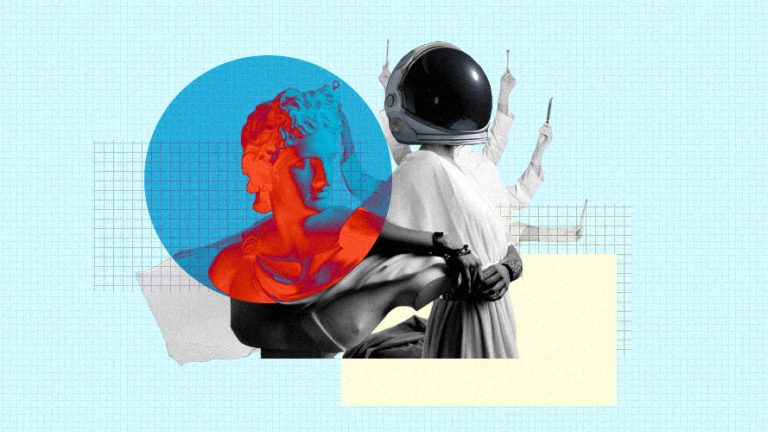These female scientists are women with scientific histories who have made scientific advances
Women in science have made important scientific advances throughout history, frequently in defiance of social norms and obstacles. Despite facing discrimination and being excluded from formal education and scientific organizations, many women have broken down barriers and made ground-breaking discoveries that have influenced how we view the world. These top 10 female scientists from ancient times to the present are some of the most outstanding and inspirational figures in science history.
These women with scientific history have had a lasting impact and their respective disciplines, ranging from astronomy to medicine. We can acknowledge the important role that women have played in advancing science by recognizing their accomplishments and encouraging younger generations of women to seek careers in the field.
1. Marie Curie (1867-1934)
The pioneering work on radioactivity that Marie Curie did as a scientist and chemist is what made her famous. She was the first person to receive two Nobel Prizes, one in physics and one in chemistry, and the first woman to win a Nobel Prize. Nuclear energy and the creation of cancer therapies were both made possible by Curie’s research on radioactivity.
2. Rosalind Franklin (1920-1958)
Rosalind Franklin, a chemist and X-ray crystallographer, made a major contribution to our knowledge of DNA’s structure. When the double helix structure of DNA was discovered, it was thanks in large part to her X-ray diffraction images of the DNA that the discipline of molecular biology was born. Franklin’s work was generally disregarded during her lifetime despite her contributions.
3. Ada Lovelace (1815-1852)
Ada Lovelace was a scientist and author best known for her work on the Analytical Engine, Charles Babbage’s first mechanical general-purpose computer. She is regarded as the first computer coder in history because she created the first algorithm that was meant to be used by a machine.
4. Lise Meitner (1978-1968)
A physicist named Lise Meitner made a major contribution to the understanding of nuclear fission. The atomic bombs and nuclear energy were made possible thanks to Meitner’s contributions to nuclear science. Meitner made advances, but her male coworker received the Nobel Prize in Chemistry despite her.
5. Rachel Carson (1907-1964)
The contemporary environmental movement was sparked by the book “Silent Spring,” which was written by biologist and conservationist Rachel Carson. The Environmental Protection Agency was established as a result of Carson’s book, which raised awareness of pesticides’ detrimental impacts on the environment and human health.
6. Chien-Shiung Wu (1912-1997)
A physicist by the name of Chien-Shiung Wu significantly influenced our knowledge of nuclear physics. Wu’s work on the Wu experiment, which showed how nuclear beta decay violated parity conservation, was essential to the creation of the Standard Model of particle physics. Wu experienced gender discrimination despite her accomplishments, and she was passed over for the Physics Nobel Prize.
7. Mae Jemison (1956)
Being the first African American woman to journey to space, Mae Jemison is a doctor and astronaut. Jemison is a role model to many thanks to her efforts in space exploration and commitment to advancing science education.
8. Grace Hopper (1906-1992)
Rear Admiral of the US Navy and computer scientist Grace Hopper is recognized for creating the first compiler for a computer programming language. Modern computing was made possible by Hopper’s contributions to computer code and software creation.
9. Barbara McClinton (1902-1992)
Geneticist Barbara McClintock made a major contribution to our knowledge of genetic transposition. Modern genetics greatly benefited from McClintock’s work on the finding of transposable elements, or “jumping genes.”
10. Mary Anning (1799-1847)
In the 19th century, Mary Anning, a British paleontologist, existed. She made significant prehistoric fossil finds, including the first full skeleton of a marine reptile called an ichthyosaur. Anning overcame many challenges to become a woman in a male-dominated profession, but her contributions to science are still honored and celebrated today.






Add comment